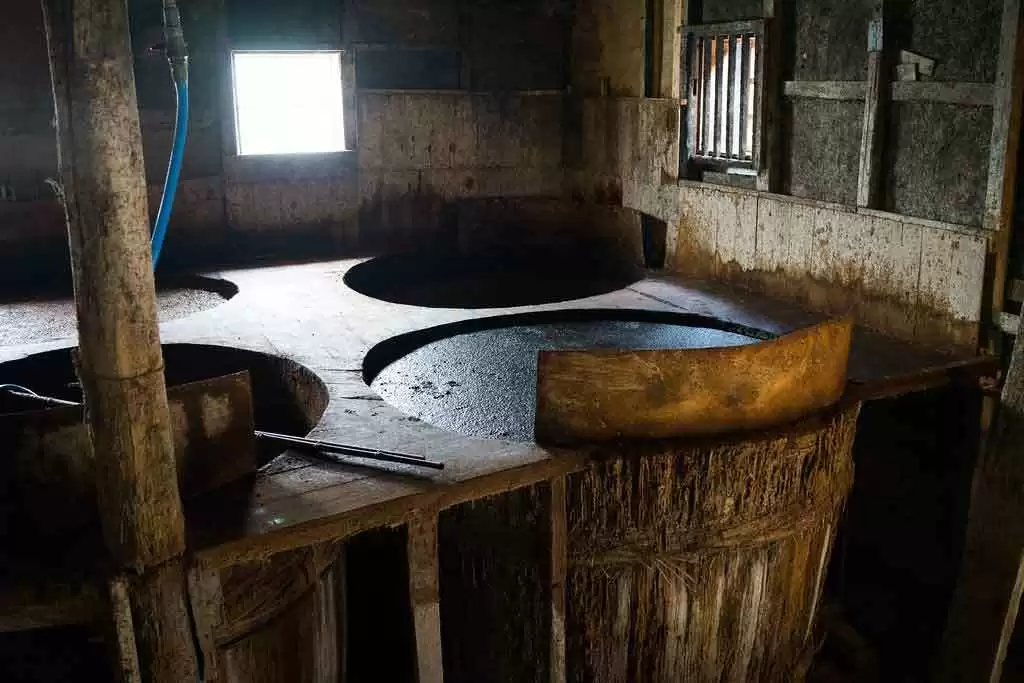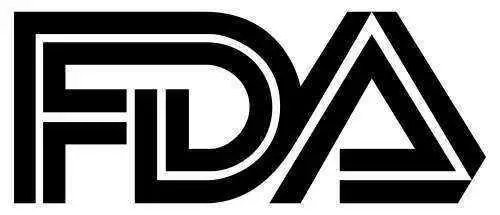
Celiac.com 08/24/2020 - The U.S. Food and Drug Administration has issued a final rule to establish compliance requirements for fermented and hydrolyzed foods, or foods that contain fermented or hydrolyzed ingredients, and that bear the "gluten-free" claim.
The new rule requires food manufacturers to ensure that products containing fermented, hydrolyzed ingredients meet the definition of “gluten-free” before fermentation or hydrolysis.
Celiac.com Sponsor (A12):
According to the rule "because gluten breaks down during [fermentation or hydrolysis] and currently available analytical methods cannot be used to determine if these products meet the 'gluten-free' definition."
That means that products made with wheat or gluten ingredients cannot be labelled gluten-free, even if they test at gluten to levels below 20ppm after processing.
The rule covers food fermented products including soy sauce, yogurt, sauerkraut, pickles, cheese and green olives, and vinegar.
The rule will helps to "ensure that common products labeled 'gluten-free' really are gluten-free, and will help to protect individuals with celiac disease," said HHS Secretary Alex Azar.
The new rule is very much in keeping with the original FDA rule on gluten-free labeling forbids products made with wheat or gluten ingredients to be labeled "gluten-free."
Are Distilled Products Gluten-Free Under New FDA Rule?
The ruling specifically states that distilled products like vinegar, whiskey, gin and vodka, are considered gluten-free and safe for people with celiac disease, even if these products are made with gluten ingredients.
The ruling is in keeping with the positions of most allergy, celiac and dietary organizations, which have long considered distilled products to be gluten-free. The rule just means that distilled products made with wheat or gluten can now advertise as "gluten-free." Distilled products have long been regarded as gluten-free by EU standards.
Anyone with celiac disease who wishes to avoid these products, or who cannot tolerate them well, should continue to avoid them.
Anyone with celiac disease who tolerates distilled products made from wheat or gluten ingredients, including whiskey, gin or vodka, can continue to enjoy them.
In either case, they are unlikely to contain gluten, and are likely safe for people with celiac disease. So, if you tolerate whiskey and other spirits made from gluten, cheers!
Read more at FDA.gov









Recommended Comments
Create an account or sign in to comment
You need to be a member in order to leave a comment
Create an account
Sign up for a new account in our community. It's easy!
Register a new accountSign in
Already have an account? Sign in here.
Sign In Now